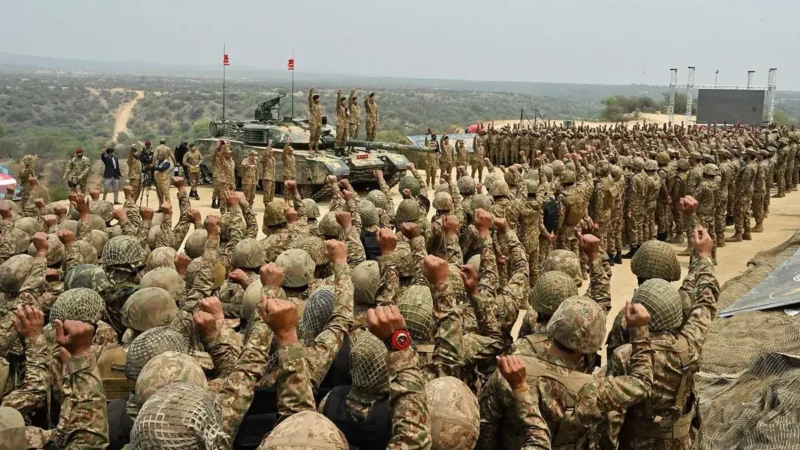Violence in Afghanistan is increasing the migrant moment

Kabul, Afghanistan: Withdrawal of the US troop has increased the violence in the northern regions of Afghanistan due to which lot of people are migrating to neighbouring countries which has created war like situation.
Amid the deteriorating security situation in the country, President Joe Biden earlier this week made it clear that rebuilding the country was not the responsibility of the US and urged Afghan leaders to gather together to drive the country towards a better future.
As the Taliban continues to make military advances, geopolitical observers believe that Pakistan, Iran, Tajikistan and Turkey will be hard-pressed to host millions of refugees.
Describing the security situation in Afghanistan as fluid and deteriorating, the Afghan envoy to India Farid Mamundzay has said the Taliban need to cease violence and there should be an end to the bloodshed.
“More than 200,000 Afghan civilians are displaced already. There is an active fight going on between Afghan forces and Taliban fighters in 200 districts out of a total of 375. There is also trouble in 18 border districts that share a border with several countries Tajikistan, Uzbekistan and Iran,” the envoy said.
Local officials suggested that Turkey is now sheltering thousands of Afghan refugees. The number has been growing daily since the US announced in early April, Asia Times reported.
Tajikistan, which also shares a border with four Afghan provinces, has recently taken in about a thousand civilian refugees fleeing violence in Badakhshan in particular. Moreover, it has hundreds of Afghan national troops who retreated from their positions in northern provinces where the Taliban has seized control.
Pakistani journalist and author Ahmed Rashid believes that the dangerous situation in Afghanistan “can suck in the neighbouring countries. If that happens, that will be the end of Afghanistan”.
On Wednesday, the Human Rights Watch (HRW) had said Taliban forces on the offensive across northern Afghanistan have forcibly displaced residents and burned homes as apparent retaliation for cooperating with the Afghan government. Since May 2021, the Taliban have captured scores of district centers throughout the country, including an estimated 150 districts in Kunduz and other northern provinces.
Residents of Bagh-e Sherkat in Kunduz province said that from June 21-25, Taliban forces ordered residents to evacuate and threatened those they said had provided past support to the Afghan government. Taliban fighters looted and burned down homes, HRW said.
The Taliban claimed that they had ordered people to leave “for their own safety,” and denied responsibility for looting or burning houses, but they have frequently committed abuses against civilians for allegedly assisting the government.
“The Taliban’s retaliatory attacks against civilians deemed to have supported the government are an ominous warning about the risk of future atrocities,” said Patricia Gossman, associate Asia director at Human Rights Watch. “The Taliban leadership has the power to stop these abuses by their forces but haven’t shown that they are willing to do so.”
According to Long War Journal, the Taliban’s strategy of seizing rural districts has not only allowed it to surround major cities and put pressure on population centers, it has also enabled it to squeeze the Afghan government’s revenue from goods crossing the border.
The International Criminal Court is currently weighing whether to move forward on an investigation into war crimes and serious human rights abuses in Afghanistan by all parties to the conflict, including the Taliban, HRW said.





